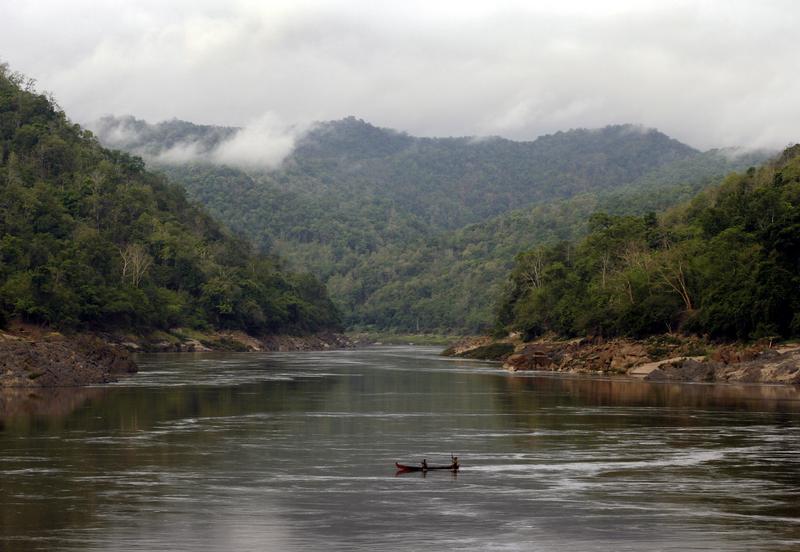Myanmar has 26 hydropower dams, eight of which are under construction. An additional 50 are planned. The ongoing Myanmar government-led Strategic Environmental Assessment (SEA) of the hydropower sector does not provide advice on which of these 50 projects should proceed and here’s why: The SEA does not determine the fate of planned or future hydropower projects. It is a tool for decision-makers to be better informed of countrywide environmental and social risks.
At the core of the SEA is sustainability. Decision-makers can ensure that hydropower projects are environmentally and socially sustainable. SEA stakeholders are discussing which issues they feel should not be compromised by development risks including key biodiversity hotspots, specific social and cultural heritage locations, and areas of conflict. With a better understanding of stakeholder values, the SEA will map out areas for hydropower development according to the level of risk — low, medium and high. Very importantly, if the SEA maps out a low-risk zone, it is not an automatic green light for development. Project developers proposing in low-risk areas will still have to go through a rigorous environmental and social impact assessment.
Consistent with this approach, the World Bank Group’s International Finance Corporation (IFC) does not have any role in the Myitsone dam in Kachin State or any other large projects on the Salween and Irrawaddy rivers, and is not considering being involved in decisions regarding these projects. All projects will still need to go through rigorous environmental and social impact assessments to determine specific project impacts. This is not a part of the SEA’s mandate, since it makes its assessment from a much broader level.
Decision-makers need tools and information to enable them to make well-informed choices. The SEA provides a bird’s eye view of Myanmar, and shows where environmental and social hotspots overlap with economic opportunity and stakeholder risk. The SEA aims to contribute to better hydropower decision-making. It does not make suggestions on where and how the government should undertake development.
This is why IFC is working to build capacity of officials on this topic and develop guidelines that will help regulate how project-level assessments are carried out. The SEA represents only one aspect of sustainable development of Myanmar’s hydropower sector.
It is important to welcome all views and get stakeholders talking about their priorities. The SEA process has given stakeholders the opportunity to express their concerns and expectations. The enthusiastic stakeholder participation in the SEA process is demonstrating the importance of stakeholder engagement in the hydropower sector and the need to continue discussion on environmental and social values.
One such engagement happened in Myitkinya, the Kachin State capital, on Tuesday. Nearly 100 participants from civil society organisations, NGOs, government and the private sector shared their experiences and highlighted the key environmental and social values they want to see prioritised. Similarly, last week in Yangon, another 100 joined. Another engagement will take place at Loikaw in Kayah State on Friday.
[related]
Myanmar citizens’ feedback will shape the outcome of the SEA, which will be completed toward the end of this year. We welcome everyone to join in the discussions and voice their opinion, and to understand why the SEA is important at this juncture in Myanmar’s development. It will ensure that widespread planning takes place for the hydropower sector, while taking into consideration environmental and social issues from the start. We encourage you to help shape the outcomes of this important study.
Get in touch if you would like to contribute to the SEA Expert Groups. If you’re in Loikaw on Friday, join us. Media are welcome to contact us for more information and for monthly updates; sign up for our monthly newsletter; or read-up on the SEA’s progress at www.ifc.org/hydroadvisory. Stakeholders are at the centre of raising environmental and social standards for hydropower, and we urge you all to help us make the sector more sustainable.
Kate Lazarus is team lead for the International Finance Corporation’s Environmental and Social Hydro Advisory Program.



